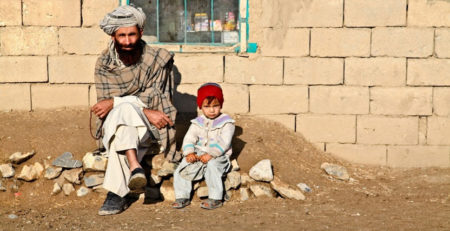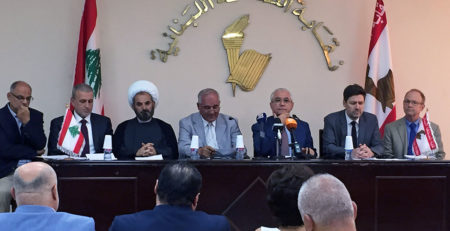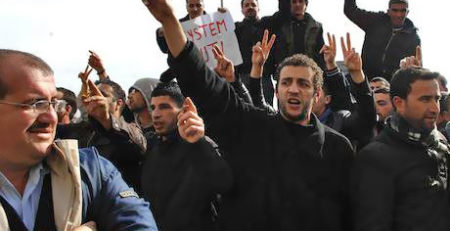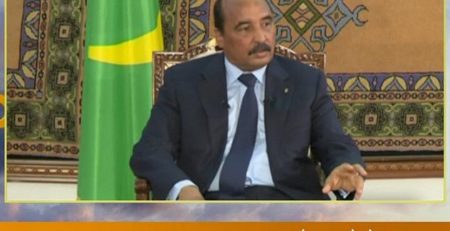Monthly Afghanistan News Roundup – October 2023
Ozair Khan
Within the framework of the Fiqhi Pathways project implemented jointly by CPI-Geneva and the Swiss FDFA’s Peace and Human Rights Division, engagement with Deobandi scholars of or close to Taliban and Pakistan is pursued to promote governance in line with IHL and Islamic jurisprudence through Fiqhi dialogue exchanges. This monthly newsletter aims to keep track of the discussions and debates among scholars on issues of governance policies of the Taliban, especially in the areas of education, social policies, and statecraft and governance institutions.
Series of Earthquakes
Sadly, Afghanistan experienced a series of earthquakes over three weeks, with the most significant registering at 6.3 on the Richter scale, resulting in over 1,000 casualties. This seismic activity has further exacerbated the already challenging situation in Afghanistan. Authorities estimate the reconstruction costs to be close to $100 million, a sum that will prove difficult to secure. [1]
The Fate of Afghan Refugees
The strained relations between Pakistan and Afghanistan have intensified. The Pakistani government alleges that the Islamic Emirate has permitted the Tehreek-e-Taliban Pakistan (TTP), commonly known as the Pakistani Taliban, to use Afghan territory as a base for planning attacks against Pakistani forces. Furthermore, Pakistan accuses Afghan nationals of participating in these assaults, with claims that 14 out of 24 suicide attacks in the country were carried out by Afghans. Consequently, as a security measure, Pakistani officials have issued a decree for undocumented Afghans currently residing in Pakistan to return to Afghanistan. This move is significant given the substantial number of Afghan refugees in Pakistan, a population that includes around 1.4 million individuals lacking official documentation. Afghanistan and the international community have criticized this decision, arguing that it will breed resentment and exacerbate mistrust. [2]
Local vs. Global Outlook
The Taliban have reiterated their stance that the launching of attacks against the Pakistani state by Afghans is impermissible and constitutes a false jihad. They also have not sent soldiers to Palestine to fight Israel, underscoring the Taliban’s inherent nationalist tendencies, which some international observers still do not comprehend. Similarly, TTP has again stated it only aims to attack Pakistan and no other international actors. In contrast, ISIS Khorasan, with its global outlook, has targeted a Shia mosque in Afghanistan [3] and claimed the lives of several Salafi scholars on the Pakistani side of the border. [4]
The Will of the People
To establish legitimacy, the acting Interior Minister, Sirajuddin Haqqani, conveyed to Kabul officials that suppressing those with grievances against the Islamic Emirate is an unsustainable approach in the long run. [5] This echoes sentiments expressed by Sher Mohammad Abbas Stanikzai, Deputy Minister of Foreign Affairs, who stated that the Islamic Emirate’s rule is contingent on the people’s will. [6]
In the pursuit of seeking this legitimacy in the eyes of the people, the Islamic Emirate has decided to designate a representative who will advocate on behalf of the Hindu and Sikh communities in Kabul. This appointed representative is named Buljit Singh. He is set to assume a position within the Council of Representatives encompassing the 22 Municipality Districts of Kabul City. His primary role will revolve around advocating for the rights and concerns of Hindus and Sikhs residing in the region. [7]
The Importance of China
To advance economic prospects and its international standing, the de facto Afghan authorities dispatched a technical delegation to China to participate in the “One Belt, One Road” meeting. Nooruddin Azizi, the acting Minister of Trade and Industry for the Taliban, articulated the desire to join the China-Pakistan Economic Corridor and the Belt and Road Initiative. [8] Additionally, the Islamic Emirate received an invitation to partake in the Trans-Himalaya Forum for International Cooperation in Nyingchi, Tibet, a gesture extended by China’s Foreign Minister, Wang Yi. This Forum seeks to enhance regional cooperation on various matters, including climate-related issues. Furthermore, Amir Khan Muttaqi, the Minister of Foreign Affairs, privately met with Chinese officials to fortify bilateral bonds. [9]
References
[1] https://www.dw.com/en/afghan-earthquake-response-exposes-talibans-inability/a-67161995
[2] https://www.aljazeera.com/news/2023/10/4/pakistans-plan-to-evict-thousands-of-afghans-unacceptable-says-taliban
https://twitter.com/TOLOnews/status/1718279095002284281?s=19
[3] https://www.theguardian.com/world/2021/oct/15/casualties-explosion-hits-shia-mosque-afghanistan
[4] https://twitter.com/khorasandiary/status/1718491658948399462
[5] https://tolonews.com/fa/afghanistan-185481
[6] https://twitter.com/TOLOnews/status/1715789096478802164?s=19
[7] https://twitter.com/KblMunicipality/status/1713834926163079430?s=19
[8] https://8am.media/fa/taliban-we-intend-to-officially-join-chinas-one-belt-and-one-road-initiative/
[9] https://tolonews.com/afghanistan-185407















